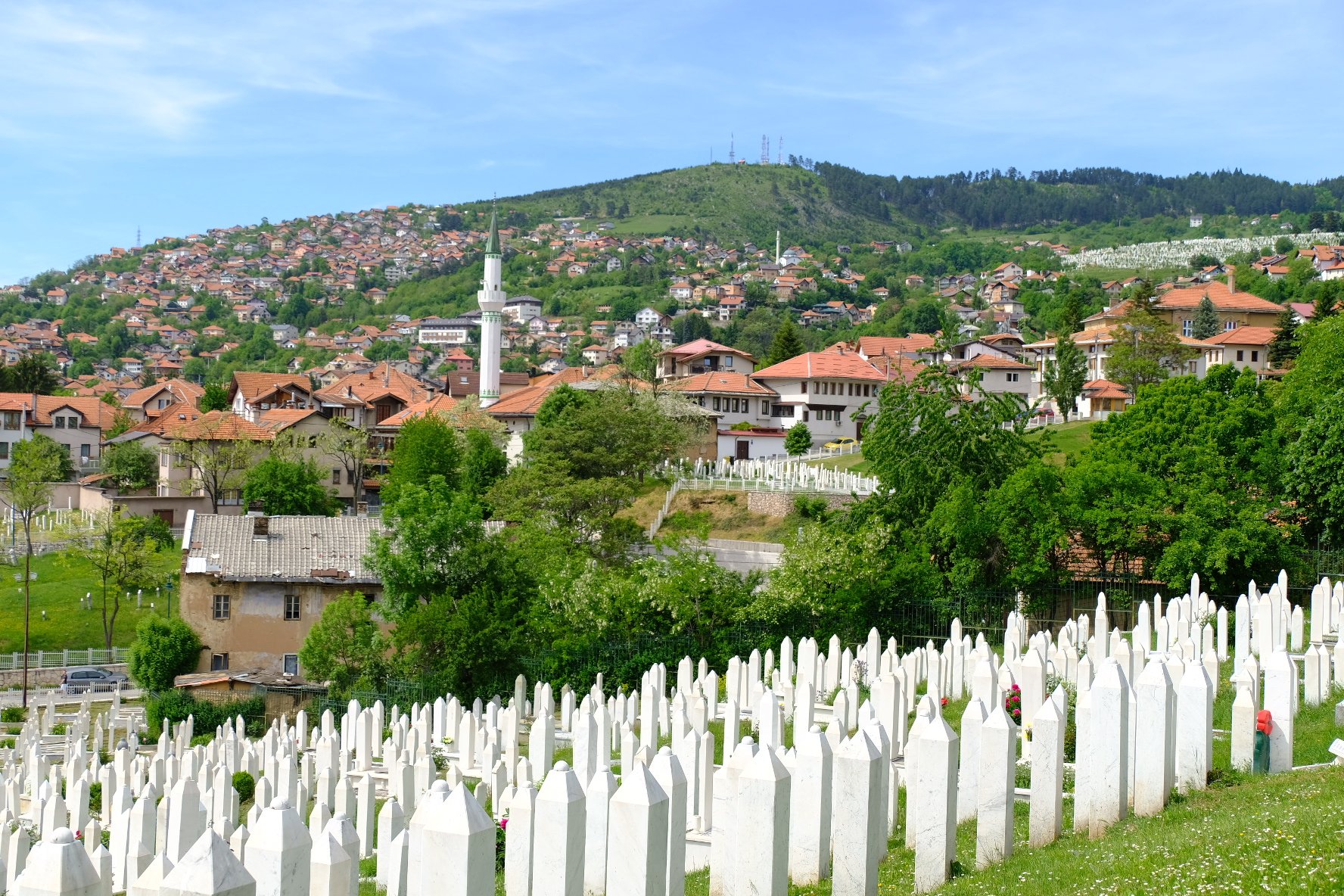The Car Horn Makes Me Jump and Scream
I can’t help it, but even a short blast of a car horn upsets me completely. I know it has to do with the sounds that I heard as a child. But why do drivers in Sarajevo like making so much noise?
Nothing creeps under my skin and gets my body in a state of alert like somebody pressing their car siren. Long noise, adjusted at the most disturbing frequency, so loud that it makes me think I am losing my hearing makes me jump immediately. I then feel my heart pump in every fibre of my body, beating like it is running an Olympic race. This siren is not one that might indicate a warning to a fellow driver. This siren has a lot more to say.
For the past 10 years I developed an interest in studying trauma. I must admit that my interest in the topic started from purely selfish reasons. I wanted to investigate and try to explain to myself the events that took place in my past. And try to understand why I jump and scream every time there is a sudden loud noise, thinking who is shooting, from what direction, and is my life under threat?
Slowly, this interest grew to a much larger scale. I took on the ambitious task of trying and understand how trauma travels through generations. And what consequences it leaves behind.
Nutshell
There are many definitions of trauma found online. In a nutshell, trauma is the lasting emotional response that often results from living through a distressing event. Experiencing a traumatic event can harm a person’s sense of safety, sense of self, and ability to regulate emotions and navigate relationships. Long after the traumatic event occurs, people with trauma can often feel shame, helplessness, powerlessness and intense fear.
People in Bosnia and Herzegovina (BiH) are struggling to understand and deal with the past events that are still very fresh in their memory. Our war in the ‘90s has left a deep wound, wreaking physical, emotional, mental, and spiritual havoc. Unfortunately, most individuals pretend that a wound is just a surface level scratch and that it can go away any time now. They go to their favourite shopping malls, spend money on nice things, travel, and take a lot of good selfies for social media.
Antidepressant
The attitude at the official governmental level has an avoidant nature as well. I tried to do some research and find what is the percentage of people using antidepressants in BiH. To my disappointment, there are no official records.
I managed to find a news article from 2017, stating that in 2016, more than a million packets of antidepressants were sold in BiH. I can only assume that number is much higher now after the pandemic. In a country that has 3.5 million people (and I am being optimistic about this number since BiH is currently facing an exodus of citizens to Western Europe), to say that every other citizen is on some form of antidepressant is not an understatement. Especially knowing that some antidepressants can be taken over the counter, without an official doctor's prescription.
So, when observed from the outside, one could say that yes, there was a war, buildings are falling apart, roads are bad, but these people are recovering just fine. All okay, until they sit in the car. And face the most minor inconvenience of someone not immediately moving their vehicle at the first indication of a yellow traffic light. Or they wait a second longer for parking. Then those long siren-like honks start to speak a story of their own.
High alert
When a person faces a traumatic event, their body will remember the event for a long time afterwards. The brain goes in a high alert mode and starts sending signals to the rest of the body that there is a danger happening. Not just sometimes, but all the time. And that puts our whole being in a constant state of anxiety. The capacity for patience becomes limited. The window of tolerance shrinks.
All of a sudden, a simple everyday life situation, like waiting for a car in front of you to accelerate when the light is green, becomes a stressful situation that is too much to handle. Fear, panic, and anger start being the central emotions that we operate from. And since every emotion needs to express itself, a car siren becomes a great tool to show that expression. I am listening to these cries for help daily.
I am a person with spiritual convictions, in a country that has experienced so much adversity. I feel it is my calling to be a light to others by becoming a healer in some way. And I decided to do that through education in psychotherapy.
I want to understand more about how trauma affects human beings. I also want to know how God comes into all of this.
For myself, I am still a work in progress and will be for the rest of my life. I know that a loud sudden noise – like a car honk – will trigger my body and mind into thinking there is an immediate danger happening. But I have also learned how to regulate my emotions. I wish to help others to do that as well.
There is a lot of work to be done in the area of trauma. Not just in BiH, but in the rest of the world as well. The recent events that are unfortunately happening in Ukraine are showing that people are affected by trauma. But I also know that there is a light at the end of the tunnel. There is hope.
Originally published at https://cne.news/article/2586-column-from-sarajevo-the-car-horn-makes-me-jump-and-scream
Mirela is Peace Catalyst Program Director in Bosnia and Herzegovina (BiH). Born in Sarajevo in the 1980’s, she had a front row seat to the breakup of Yugoslavia and the siege of Sarajevo and is now studying to become a trauma therapist to more effectively address the unengaged trauma in BiH. Learn more about Mirela here.





